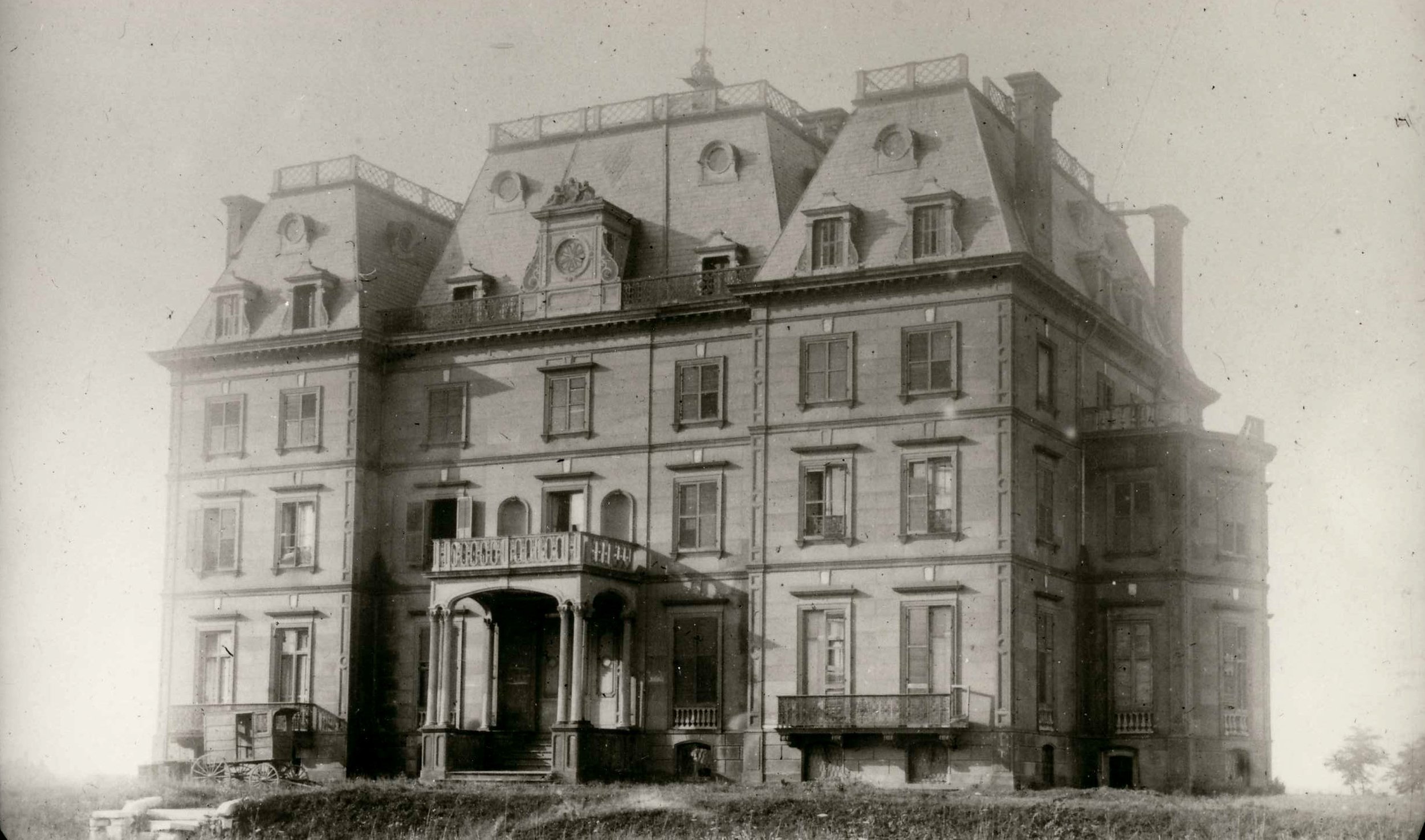
Where bronx history lives.
-
The Bronx County Historical Society (BCHS), founded in 1955, is a non-profit educational and cultural institution chartered by the New York State Board of Regents. BCHS, the historical agency for The Bronx, a county of New York State and a borough of the city of New York, is dedicated to the collection, preservation, documentation, and public interpretation of the history of The Bronx and lower Westchester County from its earliest human habitation by indigenous peoples through the present.
BCHS disseminates information to the general public, schools, students, historians, community members, activists, urban planners, and staff of other museums and libraries on the historical, social, and economic development of The Bronx. It utilizes its collections in exhibits, both in-house and traveling, historical research, oral history projects, production of publications, and educational and cultural programming. BCHS operates a Research Center with a Research Library and The Bronx County Archives and two national landmark historic house museums, the Edgar Allan Poe Cottage and the Museum of Bronx History at the Valentine-Varian House.
The common theme in all of these activities is the promotion of pride in The Bronx through recovering and preserving the borough’s place in the history and development of the region and the nation. The buildings maintained by BCHS are major attractions and also serve as anchors around which dynamic communities develop and thrive. -
Jacqueline Kutner, President
Anthony Morante, Vice President
Patrick Logan, Treasurer
Gil Walton, Secretary
Steve Baktidy, Trustee
Robert Esnard, Trustee
Mei Sei Fong, Trustee
Dr. G. Hermalyn, Trustee
Joel Podgor, Trustee
Lloyd Ultan, Trustee
Jac Zadrima, Trustee -
Dr. G. Hermalyn
CEO
Dr. Steven Payne
Director
spayne(at)bronxhistoricalsociety.org
Teresa Brown
Chief Administrative Officer
Roger McCormack
Director of Education
718-881-8900 x107
education(at)bronxhistoricalsociety.org
Christopher Padilla
Bookstore Manager
718-881-8900 x100
mailroom(at)bronxhistoricalsociety.org
Edwin Pagán
Film Educator
STAFF 161
Urban Arts Educator
Serena Velasquez
Museum Educator -
The Bronx County Historical Society is supported in part through the funding of the New York City Departments of Cultural Affairs and Parks and Recreation, the Historic House Trust of New York City, New York Community Trust, New York State Council on the Arts, the Office of the President of the Borough of The Bronx, the Bronx delegation of the New York City Council, the Bronx delegations of the New York State Assembly and New York State Senate, the New Yankee Stadium Community Benefits Fund, Columbia University's MA Program, the National Endowment for the Humanities, the Puffin Foundation, additional public and private entities, members, and individual donors.
-
